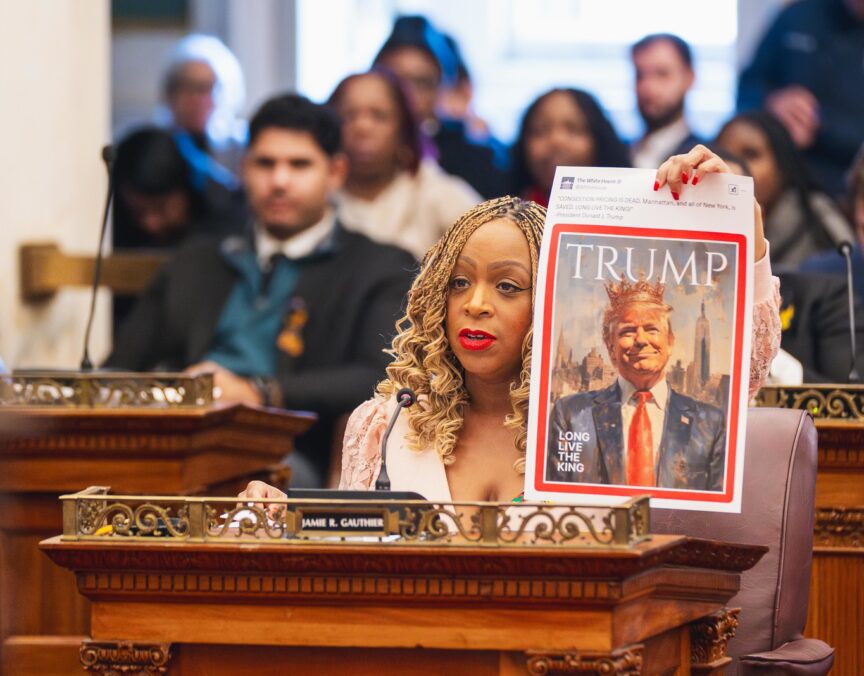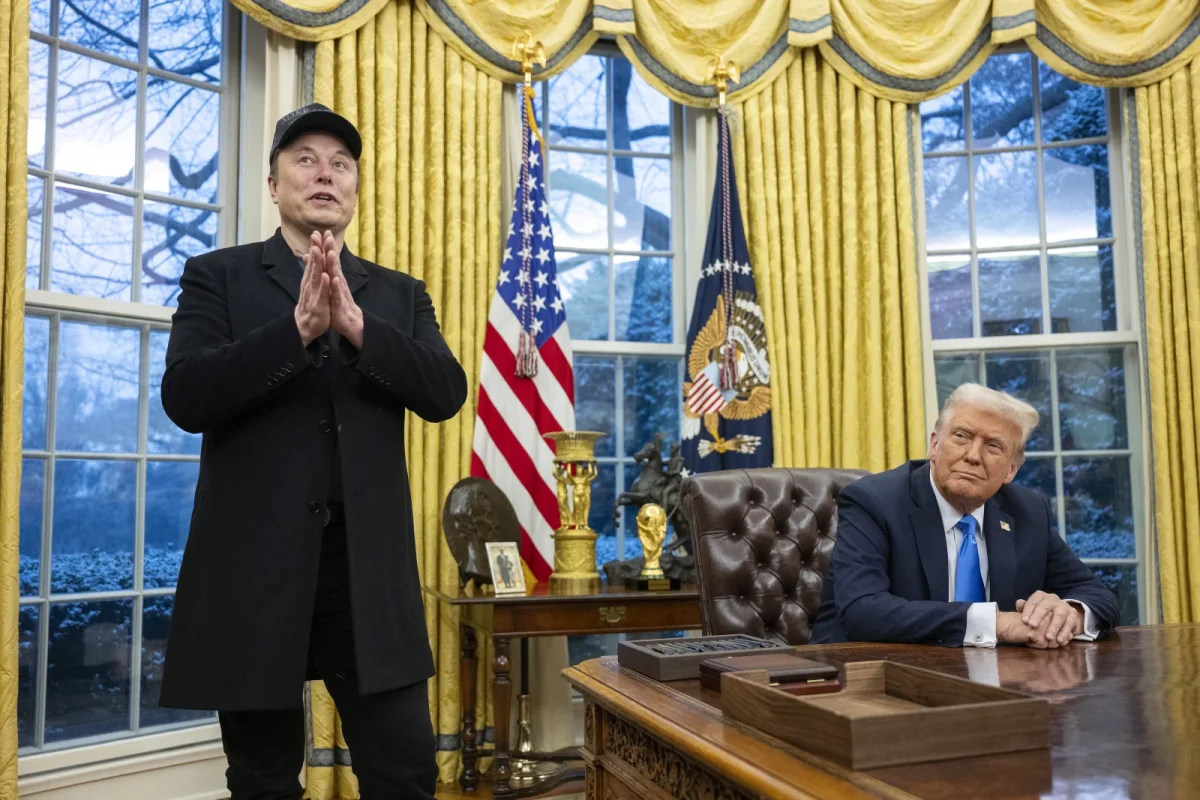“It’s a small college, sir, but there are those of us who love it.” So intoned the nineteenth century orator, Daniel Webster, in defense of Dartmouth College against trustees seeking to close the college. His successful plea guaranteed that American higher education would continue as a blend of public and private institutions.
In 1903, Professor John Spencer Bassett of Trinity College (later Duke University) wrote an article extolling the African American Booker T. Washington as equal in stature to Civil War icon General Robert E. Lee. Rising on a wave of public outcry, Josephus Daniels, the editor of “The Raleigh News and Observer,” demanded that Duke fire Bassett. The humble history professor offered to resign, but the trustees declined to accept the offer, asserting that college professors should be entitled to the academic freedom to express their views and pursue whatever lines of scholarly inquiry that they wanted without any fear of losing their jobs. Finally, in 1940, the American Association of University Professors (AAUP) professionalized this principle by declaring that academic freedom conferred on professors the right of tenure, a grant of lifelong employment. This right was further accepted by all academic accrediting bodies in North America. Procedures were set up (still in place today) to grant tenure only after a candidacy period of six years in which future tenurees had to demonstrate good teaching, as well as independent published scholarship that carried the promise of a continued stream of significant contributions.
Right now, there is a proposal circulating around SLU that will effectively end tenure in this institution. It calls for post-tenure reviews every six years after tenure is gained. The proposal specifies four possible outcomes to the review: a continuance of tenure for another six years, a mandatory remediation period of two years, a downgrading of the reviewee’s status to a non-tenure, year-to-year contract, or outright termination. Since academic tenure is a lifelong guarantee of employment, the latter two outcomes effectively end tenure and true academic freedom at SLU.
Some outside academia may ask: What’s the big deal? Why should college professors have this special deal? Let me count the ways. Two are pragmatic—and immediately consequential. Three are professional. And one is philosophical, and moral, and should give the entire country pause.
The two pragmatic—and consequential—ways will result in a dramatic plummeting of SLU’s overall rank in the famed U.S. News and World Report’s annual list. First, the AAUP will certainly put SLU under censure for this policy. It has already signaled as much in a recent article in the Chronicle of Higher Education stating that the proposed SLU policy constitutes an unacceptable breach of tenure. The import of AAUP censure will be reflected in faculty hiring (to say nothing of faculty leaving). Over the past fifteen years, SLU has made spectacular hires from top-twenty national Ph.D. programs. With AAUP censure, and no iron-clad promise of tenure, applications from prospects from these schools will dry up. This will depress the quality of professors coming to SLU. Second, such a drop in faculty quality will reduce the applicant pool to SLU, forcing the school to lower admission scores in order to meet the right budgetary number of students for entering classes.
Professionally, tenure guarantees three academic freedoms: external, internal, and intellectual. External freedom is what Professor Bassett was protected from when an external agent demanded his firing. Today, such tenure has protected society’s nonconformist, but often trenchant, voices of criticism that any democracy requires for introspection and re-examination. Such voices have come from communists, Zionists, radical jihadists, supply side economists, and even the odd-ball Republican and maverick Democrat.
Internal freedom insulates professors from capricious or vindictive actions by college administrators. Throughout the academy, tenured faculty have watched in horror as beloved staff members are fired with sometimes as little as eight hours notice. Under this proposal, tenured faculty will have at least six years before capricious wheels-of-fate can turn against them.
Intellectual freedom is subtler to outsiders, but to insiders it can provide the very air they breathe. Within the academic world, there are cultural, topical, and methodological orthodoxies that set forth uni-dimensional pathways to academic success. Faculty are evaluated each year on how well they are performing according to these orthodox standards.
For those who choose to swim upstream against these tides of conformity and strike out independently, though they may have points taken from their annual reviews, they will still have their jobs. The basic engine of societal innovation from these stubborn gadflies will still be fueled—for future growth in society and the present delight of students.
Finally, there is the philosophical or moral way. When it comes time in America to seek out independent voices on the issues of the day, why is it that people invariably turn to academics for these analyses? With tenure, academics can freely speak their minds without any fear of employment recrimination. This is not the case for any other profession in America. All the rest are beholden to their employers, and can be counted on to provide the appropriate “spin” of these organizations. It falls, therefore, on tenured faculty members in academia to make their academic freedom the voice of the American conscience.
In 1905, President Theodore Roosevelt commended the Basset decision. He said, “You stand for Academic Freedom, for the right of private judgment, for a duty more incumbent on the scholar than any other man [person], to tell the truth as he sees it…and to give to others the largest liberty in seeking after the truth.”
Hence, for those of us who have tenure today, “It is a small privilege, sir, but there are those of us who love it.”














